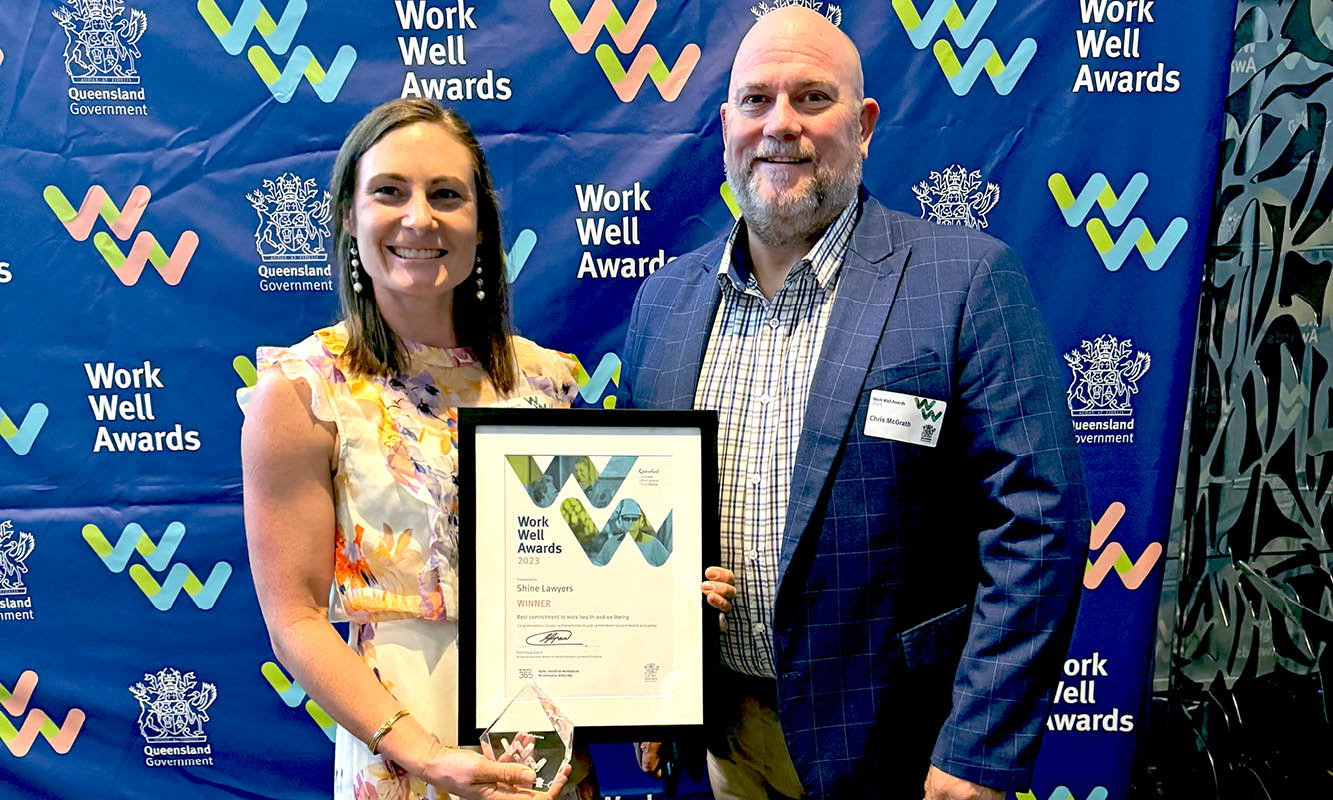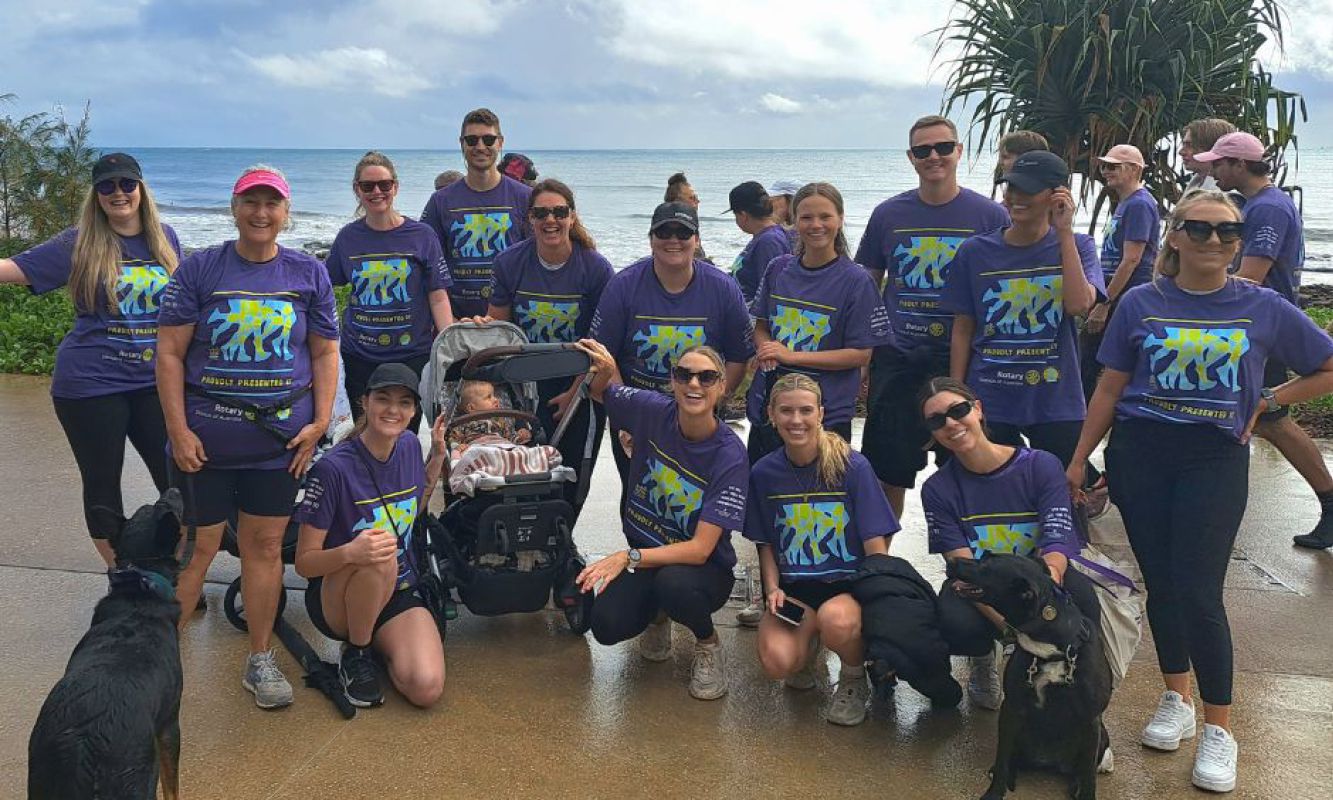To be successful in your legal career, having the skills to build, grow and maintain positive relationships with colleagues, peers and clients is essential. Formal networking events are usually seen as the number one opportunity to grow the number of your professional connections – but at the same time, many people dread going to these large-scale functions where success seems to be measured by the number of business cards you are able to swap with strangers.
If you doubt your aptitude for this particular event format or don’t like the idea of it, this doesn’t mean that you won’t be able to develop meaningful, mutually supportive and helpful relationships in your career. Connecting and networking are two different things, and there are many ways to grow your network of trusted friends, colleagues and acquaintances.
Below are a number of tips and strategies to play to your natural preferences and social abilities:
- Think outside the box. Meeting new people with whom you can build a mutually beneficial relationship can happen anywhere. If you don’t enjoy large formal functions, find local events that revolve around activities that you are interested in or enjoy; e.g. book or running clubs, training courses and other educational programs, your gym or PT group, parents’ committees or the board of your children’s school, charities, volunteering opportunities and community work.
- Make a human connection. Formal networks events have a bad reputation because too often, conversations remain superficial, sales-driven or merely focused around the exchange of business cards. However, it is possible to move past the awkwardness and formality of these interactions by bringing it back to a personal level. Building rapport with someone starts with signalling warmth and genuine interest in the other person. Keep in mind that a friendly smile, open body language and good eye contact will indicate your approachability and willingness to engage. Sharing something personal about yourself (e.g. what drives and motivates you, your biggest interest outside of work, or what impact you want to make) will make it more likely for the other person to do the same. Try to find commonalities between you, e.g. a shared passion at work or in your personal life, a similar family situation, mutual acquaintances or matching career goals. These steps will help you to instil trust and connect on a deeper level.
- Be a good listener. Sometimes we worry if we are “interesting” (engaging, stimulating or entertaining) enough for other people. The one thing, however, that is likely to make you more interesting to another person – is your demonstrated interest in them. Encourage the other person to tell you about themselves, and listen with curiosity and empathy. Offering someone your undivided attention is one of the greatest gifts you can give, and it will also provide you with the opportunity to gain meaningful details about the other person which increases your chances of making a lasting connection.
- Be helpful. Find a way to be useful to your new connection, e.g. something worthwhile you can offer them. Maybe you have access to information or resources that may be relevant or valuable to them, or you know someone else you could introduce them to. Of course, to avoid coming across as pushy or sales-oriented, these suggestions should always be based on what you have learned about the person, and reflect a genuine attempt to be of help.
- Follow up. If you have had a positive interaction with someone and would like to strengthen the new connection further, make sure you catch up with them again. You could call to thank them for their time, send them a quick email to say that you enjoyed your interaction, and maybe even suggest a further catch-up over coffee or lunch to maintain your connection.
- Be smart with social media. If used well, social media such as LinkedIn can be another valuable source to find people to connect with, e.g. based on shared interests, experiences or needs. Bonus tip: if you invite someone to connect who you have never met before, always add a personal note explaining why you want to connect, how you know of them or what you have in common. Not only will this increase the likelihood of a positive response, but it will also make you more memorable. Take these online connections into the real world where possible – you could suggest to meet when you are in their city, catch up at a conference you both plan to attend, or identify opportunities to collaborate on a project.
- Have fun. There is no point in pretending that you are someone you are not, or that you are enjoying someone’s company if you don’t. Be authentic and enjoy the opportunity to meet new people with whom you can develop a meaningful connection. The more open you are, the more you will get back – and remember that in the long term, quality not always quantity may be the better strategy for both your wellbeing and your professional success. In the end, it’s all about making genuine connections, not just swapping business cards.
If you would like to learn more, don’t hesitate to reach out to the QLS Solicitor Support service on ethics@qls.com.au or p. 3842 5843 to speak to someone in a judgement-free and supportive environment.













Share this article